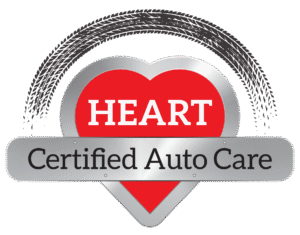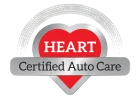The most crucial safety system in your car is the brakes. Brakes allow you to slow down or stop in an instant, which can save your life in the event of a major accident. Brakes that aren’t properly maintained and examined on a regular basis might fail you when you need them the most.
Brake System Most Common Issues
A spongy brake pedal, a harsh brake pedal, screaming sounds while braking, vibrations when braking and a persistent brake warning light are the most typical brake system faults. A good braking system should not produce any sounds or vibrate when squeezed and should be firm rather than soft or hard. If you hear or feel something weird during braking, you should visit your local vehicle technician right once. To minimize costly repair fees, plan regular servicing such as thorough brake and brake pad checks.
What Should Be Included in My Brake Inspection?
All brake checkups should involve a test drive so that your mechanic can see firsthand how effective your brakes are. They should also perform a visual assessment to determine the thickness of your brake pads and shoes to verify they are worn evenly and fulfill all essential safety requirements. An auto repair will also look for hotspots on your rotors, wear on your calipers, and leaks in your wheel cylinders, brake lines, and master cylinder. They will also inspect the levels and quality of your brake fluids, as well as the placement and routing of your braking and anti-lock brake sensors.
Whether you’re having brake problems or simply want to arrange an inspection, the professionals at HEART Certified Auto Care will assist you.





